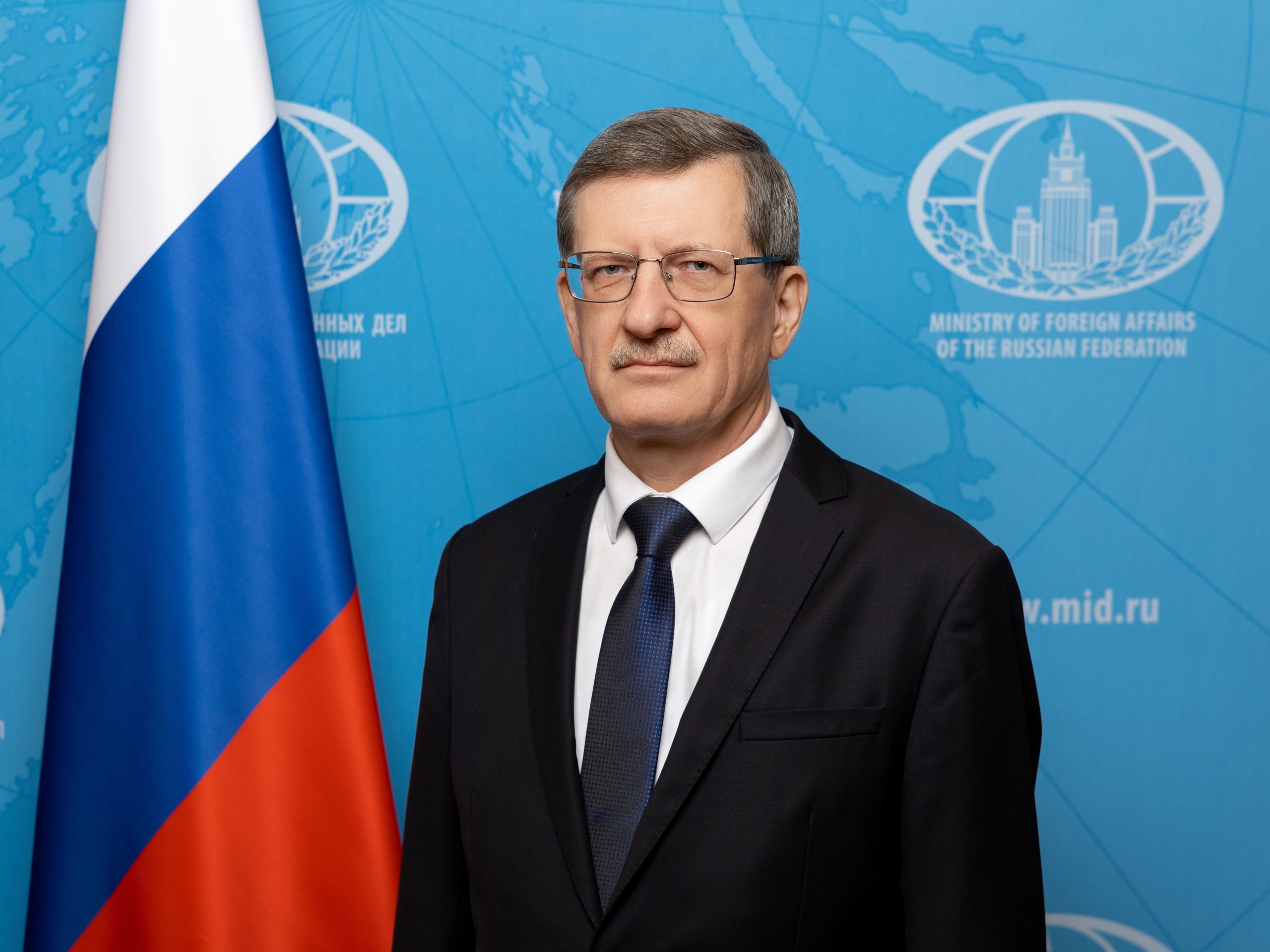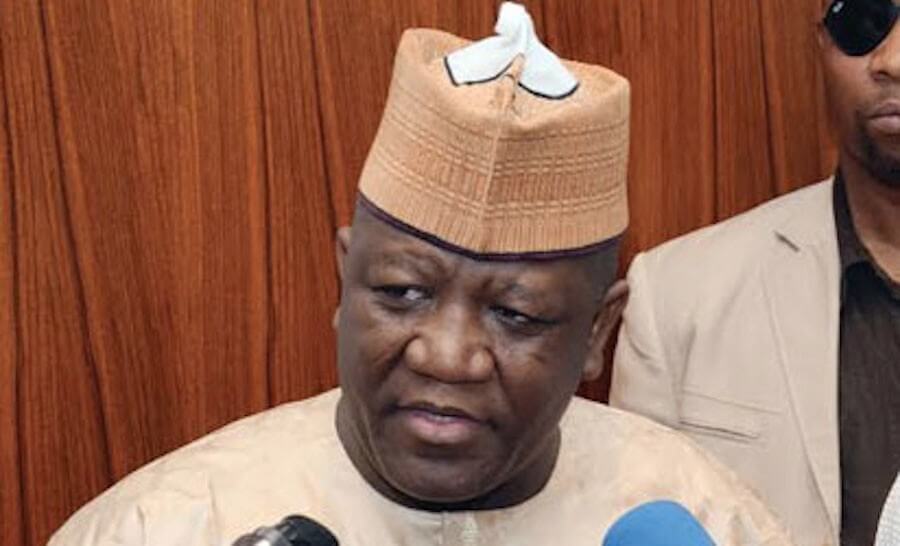As the effects of the lockdown over COVID-19 pandemic continue to inflict unpleasant consequences on economic activities, the International Monetary Fund (IMF) has projected a further contraction in the global economy by –4.9 per cent, and for Nigeria, -5.4 per cent.
The IMF also expressed concerns about recovery uncertainty, noting that the recent rebound in financial market sentiment appears disconnected from shifts in underlying economic prospects, raising the possibility that financial conditions may tighten more than assumed in the baseline.
The downward review in IMF’s latest World Economic Outlook report, indicates slow economic recovery, with Nigeria dropping from a negative growth of –3.4 per cent in April to negative 5.4 per cent for the June report.
The Finance Minister, Zainab Ahmed, had warned that Nigeria would fall into its second recession in five years if drastic action was not taken to cushion the economic downturn.
Ahmed had estimated that the economy could shrink as much as 3.4 per cent this year in the absence of a massive stimulus plan.
Economies across the world have been badly affected by the COVID-19 pandemic, which resulted in lockdown, travel restrictions and a drop in crude oil prices.
In the first quarter, the Gross Domestic Product (GDP) report released by the National Bureau of Statistics (NBS) showed that the performance recorded in Q1 2020 represented a drop by 0.23 per cent points compared to Q1 2019 (2.10 per cent), and 0.68 per cent points decline compared to Q4 2019 (2.55per cent), reflecting the earliest effects of disruption caused by Covid-19 pandemic and crash in oil price.
The Federal Government has implemented a sweeping quarantine for Lagos, Ogun and the FCT that are home to almost 30 million people in a bid to check the spread of the coronavirus in the country.
With productivity disrupted and oil prices dropping to an all-time low, members of the Organised Private Sector (OPS) note that it is impossible for growth not to contract.
“Our projection for sub-Saharan Africa overall is a negative 3.2 percent in 2020 with a recovery in 2021 of 3.4 percent,” Gita Gopinath, IMF chief economist and director of the Research Department, said.
“This is a significant downward revision and we have some very large negative growth forecast. For instance, for South Africa, it is -8 percent and for Nigeria, it is -5.4 percent. So these economies are being hit very hard.
“We should also keep in mind that this is not just a reduction in the growth rate. For many countries that are starting out at lower per capita income levels, when you have a growth hit of 3 percentage points, the distress that it causes in peoples lives is in a bigger magnitude than a similar decline for an advanced economy. So, these are very difficult times.”
To salvage the situation, members of the OPS urged federal and state governments to unveil incentives that will drive production and consumption.
The Lagos Chamber of Commerce and Industry (LCCI) said the government needed to support business recovery so that operators can equally fulfil their civic responsibilities.
According to the chamber, it will take a while for many businesses to recover from the consequential shocks, thus necessitating intervention and consideration of the state government in supporting the recovery of businesses from these disruptions and dislocations.
With many still grappling with breach of contractual obligations, inability to retain staff, cost escalation resulting from exchange rate depreciation, loss of foreign credit lines, the burden of loan repayment, and the collapse of consumer purchasing power, the chamber said business has to be alive to be able to fulfil its obligations to the state.
The Acting Director-General of the Manufacturers Association of Nigeria (MAN), Chuma Oruche, said local manufacturers did not expect improved performance in the GDP figures in the second quarter.
“We expect a downward trend in the GDP in Q2. We do not expect much progress because of Covid-19 pandemic, as sourcing of raw materials has become a problem. The curfew has equally affected operations in the sector, as shifts could not take place.
“The minister has already said the country would go into a recession going by the trend. Consumption has reduced across the sectors. Those that experienced some sales recorded low turnover. Most of the production outfits are in Lagos and goods are not being moved across the country,” he said.






